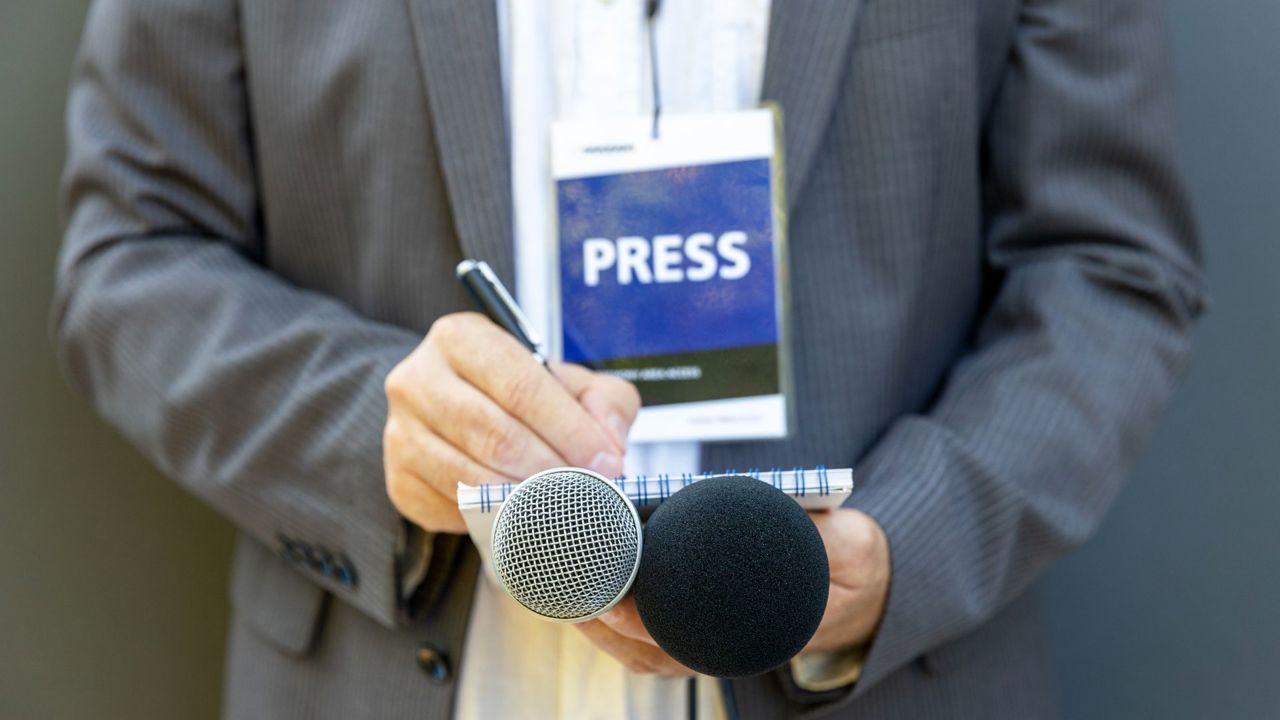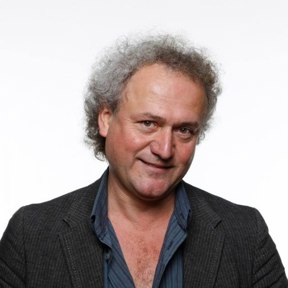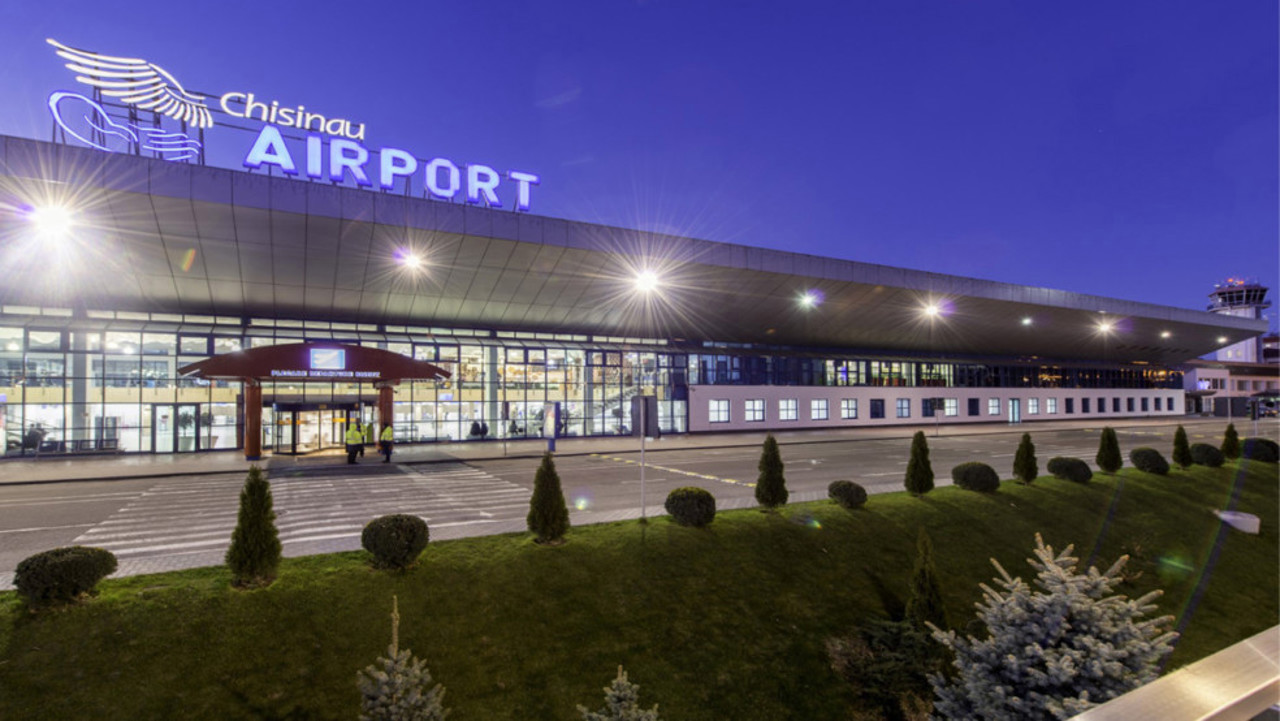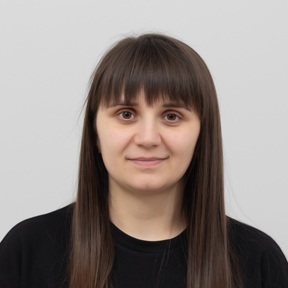News Analysis // Electoral fraud and corruption threaten Moldova’s presidential elections
This review encapsulates the primary headlines from the Moldovan press concerning the alarming developments during the presidential elections.

TV8 reports that over 138,000 citizens may have been bribed to vote in the double election round, citing statements from Viorel Cernăuțeanu, the head of the General Police Inspectorate. These individuals installed the application of the Russian bank Promsvyazbank, which is currently under international sanctions, on their mobile phones. Between September and October, transfers amounting to $39 million were reportedly made from Russia through these accounts. Cernăuțeanu emphasised that the actual number of beneficiaries could be even higher, as the application allowed for multiple transactions. Most transfers occurred between October 14 and 17, just days before the election. The General Police Inspectorate has documented around 20 church representatives involved in these activities, travelling to the Transnistrian region to withdraw funds from these accounts and cards.
Ziarul de Gardă highlights a concerning situation in the village of Cupcui, Leova district, where local individuals are collecting copies of citizens’ identity documents, promising them sums of money to vote in favour of the PSRM candidate, Alexandr Stoianoglo. An investigation by Ziarul de Gardă reveals that this electoral corruption network is coordinated by groups affiliated with Ilan Șor, who continue to operate in the area. Locals have reported being pressured to participate in this "vote market," while authorities have been alerted to these illegal practices. Statements from the village suggest that such tactics are aimed at influencing the elections, jeopardising the integrity of the electoral process. Previously, Attorney General Ion Munteanu stated, “A vote corrupted by bribery cannot be valid,” adding that “both the person who corrupts and the one who receives money or is rewarded in another way for their vote are liable under the law.”
Newsmaker publishes a statement from the Ombudsman, Ceslav Pnico, urging Moldovan citizens to avoid social tensions during the presidential elections. The official condemned the intensification of hate speech and emphasised the importance of constructive dialogue, irrespective of political differences. Pnico also expressed concern over vote-buying attempts, including the exploitation of vulnerable groups, calling for expedited investigations and better prevention of this phenomenon. The Ombudsman appealed to citizens and candidates to promote unifying values rather than divisive ones, to build a democratic and progressive society.
The decision of Alexandr Stoianoglo to ignore the electoral debates on Moldova 1 and Radio Moldova reflects a lack of political culture and is considered an insult to voters, asserts Black Sea expert Mihai Isac. In an interview with Moldova 1, Isac emphasised that in yesterday's debates, Maia Sandu demonstrated exceptional determination, and recognizing the need for progress in the justice sector and government reshuffles constitutes an important signal. He highlighted that undecided voters or those who voted for other candidates in the first round will be crucial in the second round, possessing the ability to influence the election results.
The Republic of Moldova finds itself at a “historic moment” with the initiation of negotiations for EU membership, while Renato Usatîi, leader of the Party of Our, is criticised by editorialist Nicolae Negru from Ziarul Național for not urging his supporters regarding their votes in the second round of the presidential elections. Usatîi stated that the over 213,000 supporters he garnered in the first round must “take responsibility for their vote,” noting that he will not vote for Maia Sandu or Alexandr Stoianoglo. Negru points out that Usatîi highlighted an “essential difference” between the two candidates. The editorialist stresses that voters must choose between “an honest and independent candidate, who has made some mistakes but cannot be accused of obscure intentions that could jeopardise the European integration process,” and “another candidate, who is surrounded by suspicions of corruption and dependence on former oligarchs,” which, with Russian support, could return to power and continue corrupt practices, thereby threatening the country’s future.
The second round of the elections is not merely about electing a president; it represents a crucial stage in continuing the European path of the Republic of Moldova, believes former Minister of Foreign Affairs and European Integration Nicu Popescu, as reported by TVR Moldova. According to Popescu, the vote in this round will significantly influence the country’s future concerning European integration. He emphasised that this election should be viewed as a mobilisation moment for all who believe in European values and the benefits brought by European integration.
Translation by Iurie Tataru






